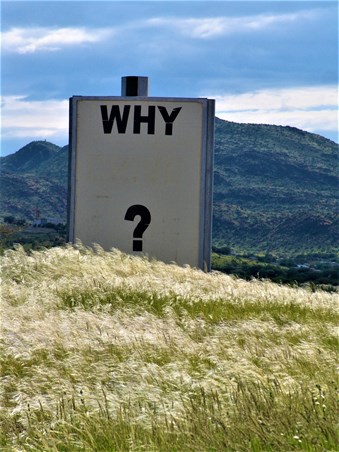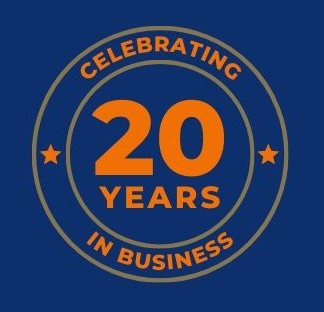The art & science of preparing for a job interview
- 15 Dec 2017
My grandfather told me something as a child that has stuck with me ever since, “If you’re going to bother doing something, do it properly.”
As with most things in life, with interview preparation the more you put in, the more you’re likely to get out. However in 2017 we’re all time-poor, and it pays to focus your efforts in the right areas.
I have been helping high achievers prepare for interviews for 12 years and have developed an approach that will help you walk into any interview and answer any question, authentically and honestly, as well as help you to make the right choices in your career steps.
I call this the art and the science of interview preparation, and today I will introduce you to one of the psychological concepts that underpin this approach.
A common method is to try to guess what questions you will get asked in your interview and then develop appropriate answers. While this is logical, it raises some problems – ‘What if you don’t get asked these questions? How authentically will my scripted answers come across? What if I forget my lines?’
The dream state, to be ready to answer any question your interviewer will throw at you, would require you to second-guess an almost limitless series of questions – so perhaps a different approach might help.
Also, how do you build a connection quickly with your interviewer? It is said that people buy people in interviews, not just experience or skills, so it’s vital to connect with your interviewers on a human and emotional level – understanding yourself and communicating this authentically is vital to this.
Author and speaker Simon Sinek suggests that to authentically communicate a message in a compelling way when selling a product or inspiring others when leading a business, you need to start with ‘why?’ (you can check out his TED Talk here). 

The Toyota Production System methodology also teaches you that to get the root cause of a problem in a process before you can fix it, you use the ‘five whys’ – essentially when something breaks, you keep asking why questions until you find the root cause of the problem.
You can use these tools yourself to help you prepare for your interviews. Literally asking your self 'why', endlessly, until you truly understand your reasons for looking for a change in your working life.
In the present, you could ask these sorts of questions: Why do I want an opportunity to lead others? Why do I want to learn a new skill? Why do I want to work with a different product? Why do I want to work with people from other cultures? Why do I want to move to another city?
Also you apply this to the past: Why did I study finance and economics? Why did I start my career in consulting? Why did I want to work for a bank? Why did I choose to move to Sydney? Why did I sidestep from strategy into product management?
It’s easy to answer these questions on the surface, but to develop a truly authentic approach you need to lean in to your psyche a little further. Keep digging and digging until you get to the root of the choices you made, not the story you think people want to hear.
This willform your career story or narrative, which you can then apply to each individual opportunity you are exploring – both to help you select the right options, and give yourself the best chance of securing the job that you want.
If you're interested in learning more about the five whys, here's a video by Eric Thies, entrepreneur-in-residence at Harvard Business School.

